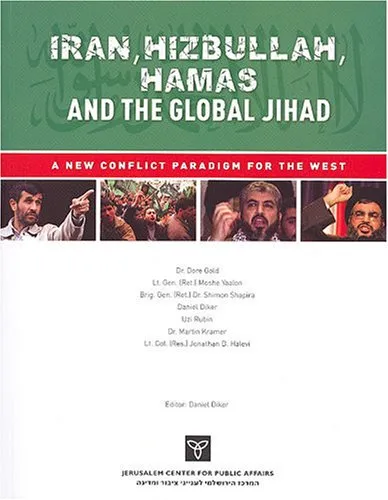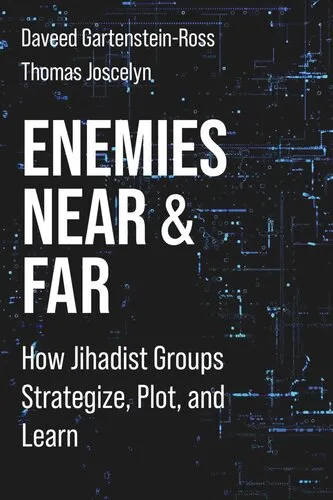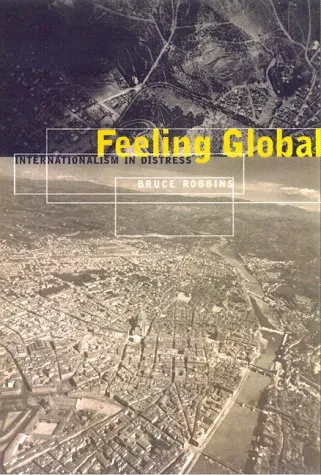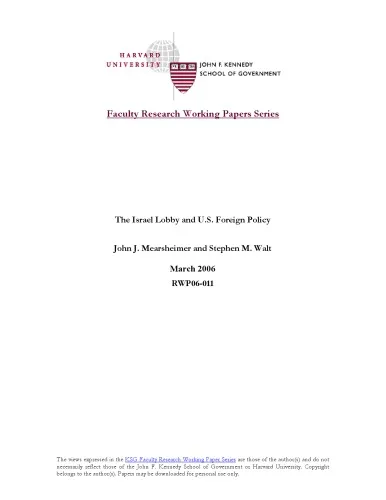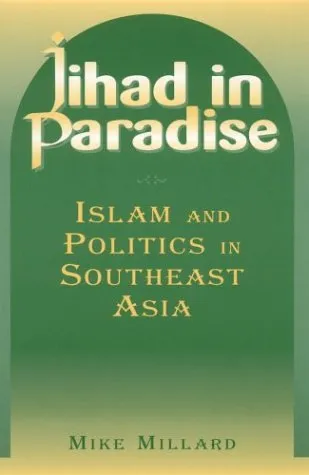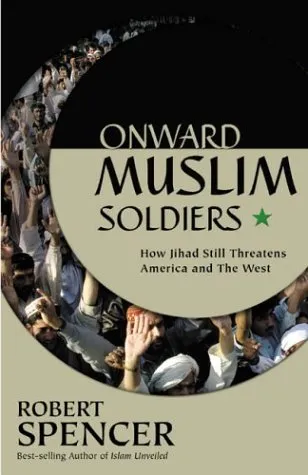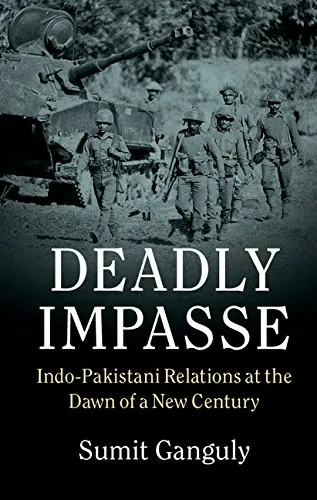Iran, Hizbullah, Hamas and the Global Jihad: A New Conflict Paradigm for the West
4.5
Reviews from our users

You Can Ask your questions from this book's AI after Login
Each download or ask from book AI costs 2 points. To earn more free points, please visit the Points Guide Page and complete some valuable actions.Related Refrences:
Introduction
The global landscape of conflict has undergone a profound transformation in recent decades, with ideological and geopolitical battles increasingly transcending traditional national borders. In "Iran, Hizbullah, Hamas and the Global Jihad: A New Conflict Paradigm for the West", we delve deep into the evolving dynamics of these pivotal forces and their implications for international security. Co-authored by seasoned experts in military, strategic, and political analysis, this book provides an incisive examination of Iran's strategic ambitions, the operational mechanics of proxy groups like Hizbullah and Hamas, and the broader ideological currents fueling global jihad.
This book challenges conventional assumptions about the nature of modern conflict. Rather than portraying terrorism and jihadist activities as isolated phenomena, the authors argue that these are interconnected components of a broader strategy aimed at undermining the West and reshaping the global order. By presenting a new conflict paradigm, the book equips policymakers, scholars, and global citizens with the critical frameworks they need to understand, confront, and mitigate these threats.
Detailed Summary of the Book
The heart of the book lies in its thorough dissection of the critical actors and ideologies at play.
At its core, the book examines the role of Iran as the principal architect behind much of the instability witnessed across the Middle East and beyond. By leveraging religious, political, and ideological narratives, Tehran has sought to position itself as the epicenter of a regional axis that challenges Western democratic values. The authors provide a meticulous analysis of how Iran utilizes its proxies, most notably Hizbullah in Lebanon and Hamas in Palestinian territories, to project power and enforce its ideological agenda.
The text delves into the operational strategies and funding mechanisms of these proxy organizations, highlighting their symbiotic relationship with Iran. The authors further explore the phenomenon of global jihad, discussing how Sunni terrorist movements like Al-Qaeda and ISIS interact—whether in collaboration or competition—with the Shia-dominated axis of Iran. This broader jihadist framework transcends geographic borders, targeting the West as part of its apocalyptic vision of global domination.
Presented against the backdrop of disrupted U.S. influence, changing alliances in the Middle East, and the growing influence of non-state actors, the analysis underscores the necessity for Western nations to adopt a new paradigm for conflict resolution. Military force alone, the authors assert, is insufficient; nuanced strategies that address ideological, financial, and communicative aspects are equally imperative.
Key Takeaways
- The strategic interplay between Iran, Hizbullah, and Hamas forms the backbone of a regional axis aimed at undermining Western power.
- Traditional counterterrorism approaches are inadequate for dealing with multi-layered threats that combine state and non-state actors.
- Global jihad is not a monolithic entity but a network of ideologically aligned yet operationally diverse movements.
- The international community must adopt a proactive, multifaceted approach to address both the operational and ideological dimensions of the threat.
- Understanding the cultural and religious motivations behind jihadist movements is critical to formulating effective responses.
Famous Quotes from the Book
"The war against the West is not fought solely on battlefields; it is waged in the hearts and minds of millions across the globe."
"Iran’s proxies are not merely extensions of its power; they represent an ideological commitment to reshape the regional order in its own image."
"Global jihad is not an isolated menace; it is part of a broader struggle against the values that underpin modern civilization."
Why This Book Matters
In an era of increasingly complex security challenges, this book provides an indispensable resource for understanding the modern conflict landscape.
The insights offered by the authors are grounded in decades of experience across military strategy, academia, and diplomatic policy-making. By integrating empirical research with first-hand accounts, "Iran, Hizbullah, Hamas and the Global Jihad" stands out as a definitive guide to one of the most pressing threats to global stability.
Unlike many works on this topic, the book does not merely diagnose the problem; it offers actionable solutions for a range of stakeholders, from governments and international organizations to individual researchers and analysts. By presenting a comprehensive and multi-dimensional framework, it challenges readers to think beyond conventional boundaries and embrace a holistic understanding of security in our interconnected world.
Whether you are a policymaker grappling with strategic challenges, a student of international relations, or a concerned citizen seeking clarity amid the noise, this book provides clarity, depth, and practical guidance. At a time when missteps can lead to grave consequences, understanding the dynamics outlined in this book is not just valuable—it is essential.
Free Direct Download
You Can Download this book after Login
Accessing books through legal platforms and public libraries not only supports the rights of authors and publishers but also contributes to the sustainability of reading culture. Before downloading, please take a moment to consider these options.
Find this book on other platforms:
WorldCat helps you find books in libraries worldwide.
See ratings, reviews, and discussions on Goodreads.
Find and buy rare or used books on AbeBooks.
1493
بازدید4.5
امتیاز0
نظر98%
رضایتReviews:
4.5
Based on 0 users review
Questions & Answers
Ask questions about this book or help others by answering
No questions yet. Be the first to ask!
